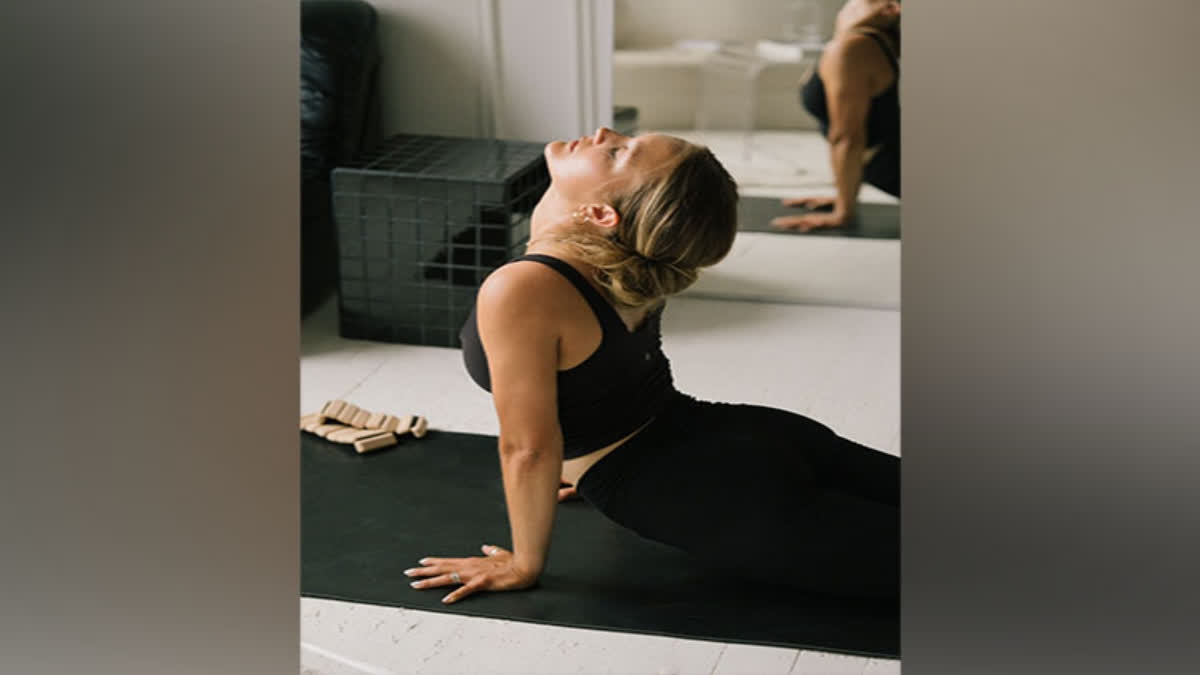Boston [US]: In a randomised controlled clinical trial of people with moderate-to-severe depression, those who participated in heated yoga sessions had considerably lower depressed symptoms than those who did not, according to a new research.
The results of the trial, which was led by investigators at Massachusetts General Hospital (MGH), a founding member of Mass General Brigham (MGB), and was published in the Journal of Clinical Psychiatry, indicate that heated yoga could be a viable treatment option for patients with depression.
In the eight-week trial, 80 participants were randomized into two groups: one that received 90-minute sessions of Bikram yoga practiced in a 105°F room and a second group that was placed on a waitlist (waitlist participants completed the yoga intervention after their waitlist period). A total of 33 participants in the yoga group and 32 in the waitlist group were included in the analysis.
Participants in the intervention group were prescribed at least two yoga classes per week, but overall, they attended an average of 10.3 classes over eight weeks.
After eight weeks, yoga participants had a significantly greater reduction in depressive symptoms than waitlisted participants, as assessed through what's known as the clinician-rated Inventory of Depressive Symptomatology (IDS-CR) scale.
Also, investigators observed that 59.3 per cent of yoga participants had a 50% or greater decrease in symptoms, compared with 6.3% of waitlist participants. Moreover, 44% in the yoga arm achieved such low IDS-CR scores that their depression was considered in remission, compared with 6.3% in the waitlist arm.
Depressive symptoms were reduced even in participants who received only half of the prescribed yoga "dose," suggesting that heated yoga sessions just once a week could be beneficial.
"Yoga and heat-based interventions could potentially change the course for treatment for patients with depression by providing a non-medication-based approach with additional physical benefits as a bonus," says lead author Maren Nyer, PhD, director of Yoga Studies at the Depression Clinical and Research Program at Massachusetts General Hospital and an assistant professor of Psychiatry at Harvard Medical School.
"We are currently developing new studies with the goal of determining the specific contributions of each element--heat and yoga--to the clinical effects we have observed in depression," Nyer said.
Participants rated the heated yoga sessions positively, and they experienced no serious adverse effects associated with the intervention.
"Future research is needed to compare heated to nonheated yoga for depression to explore whether heat has benefits over and above that of yoga for the treatment of depression, especially given the promising evidence for whole body hyperthermia as a treatment for major depressive disorder," says senior author David Mischoulon, MD, PhD, Director, Depression Clinical and Research Program at Massachusetts General Hospital.
Also read- College cafeteria tables carry 60K times more bacteria than toilet seats: Study



